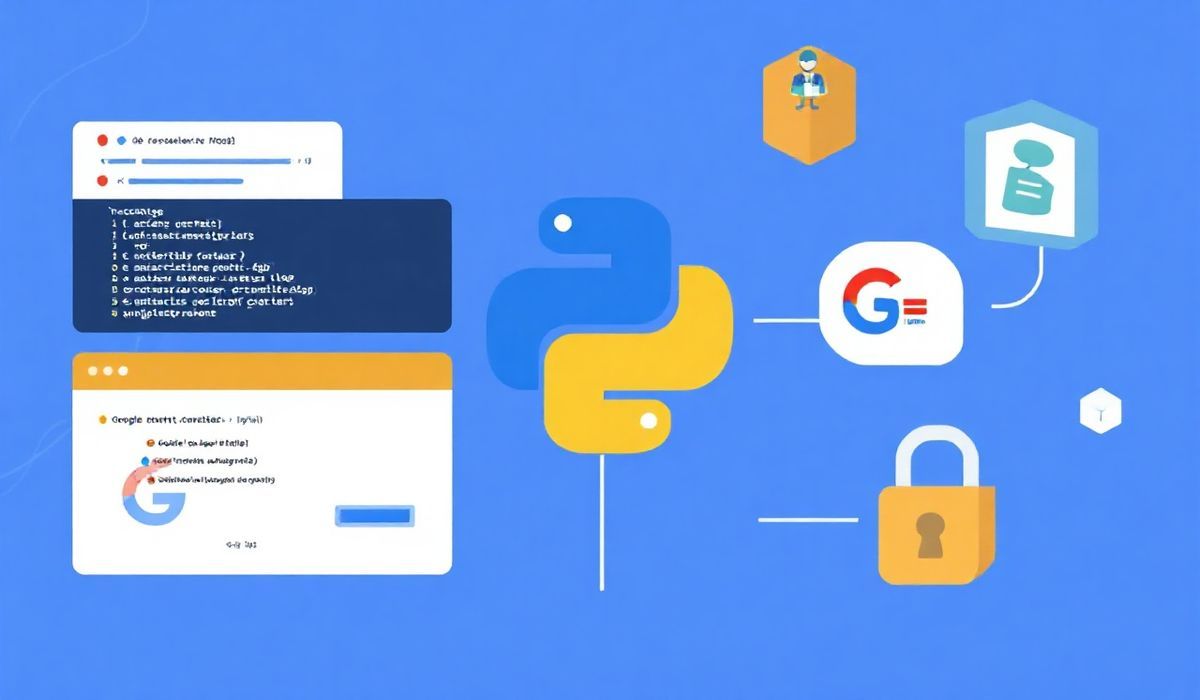Introduction to lcov-parse
lcov-parse is a powerful tool for parsing LCOV coverage data, simplifying the process of analyzing code coverage reports generated by various testing frameworks. It provides a comprehensive set of APIs for extracting meaningful data from LCOV files, facilitating better test coverage visualization and reporting.
API Examples
Parsing an LCOV File
The core functionality of lcov-parse is to parse a given LCOV file. Here’s how you can do it:
const lcovParse = require('lcov-parse');
const fs = require('fs');
fs.readFile('path/to/your/lcov.info', 'utf8', (err, data) => {
if (err) throw err;
lcovParse(data, (parseErr, parsedData) => {
if (parseErr) throw parseErr;
console.log(parsedData);
});
});
Extracting Coverage Data
Once the LCOV file is parsed, you can extract various types of coverage data:
const lcovParse = require('lcov-parse');
const lcovData = '...'; // LCOV file data
lcovParse(lcovData, (err, data) => {
if (err) throw err;
data.forEach(fileCov => {
console.log(`File: ${fileCov.file}`);
console.log(`Lines Covered: ${fileCov.lines.hit}/${fileCov.lines.found}`);
console.log(`Functions Covered: ${fileCov.functions.hit}/${fileCov.functions.found}`);
});
});
Using Filters
You can apply filters to focus on specific parts of your codebase. Here’s an example:
const lcovParse = require('lcov-parse');
const fs = require('fs');
fs.readFile('path/to/your/lcov.info', 'utf8', (err, data) => {
if (err) throw err;
lcovParse(data, (parseErr, parsedData) => {
if (parseErr) throw parseErr;
const filteredData = parsedData.filter(fileCov => fileCov.file.includes('src/'));
console.log(filteredData);
});
});
App Example Using lcov-parse
Let’s build a simple Node.js application that reads an LCOV file, parses it, filters data related to the src directory, and prints a summary:
const express = require('express');
const lcovParse = require('lcov-parse');
const fs = require('fs');
const app = express();
const PORT = process.env.PORT || 3000;
app.get('/coverage', (req, res) => {
fs.readFile('path/to/your/lcov.info', 'utf8', (err, data) => {
if (err) return res.status(500).send('Error reading LCOV file');
lcovParse(data, (parseErr, parsedData) => {
if (parseErr) return res.status(500).send('Error parsing LCOV data');
const filteredData = parsedData.filter(fileCov => fileCov.file.includes('src/'));
res.json(filteredData);
});
});
});
app.listen(PORT, () => {
console.log(`Server running on port ${PORT}`);
});
This application sets up an Express server with a single endpoint /coverage that reads the LCOV file, parses it, applies a filter to focus on files within the src directory, and returns the filtered coverage data as a JSON response.
With these basic examples, you can start leveraging lcov-parse to enhance your code coverage analysis and reporting.
Hash: 68ddd3f6a7d6c9fa5fb6b6b23cd0ba388d021f557a0271c5eb3ec1fbf76326ab




